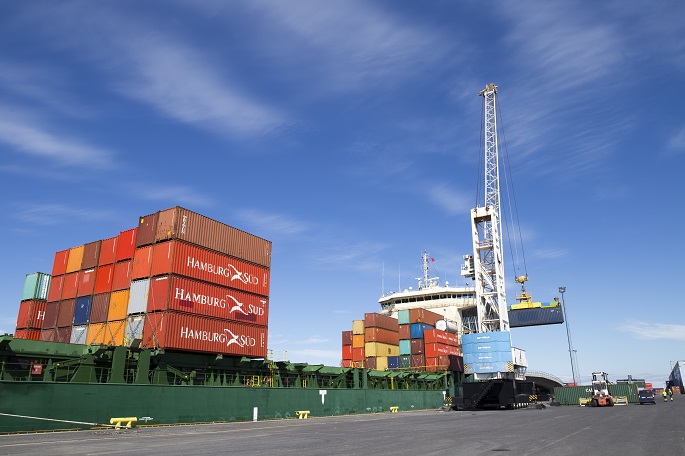GDP in EU, euro area up by 0.6% in Q2
Published : 02 Aug 2017, 00:49
The preliminary flash estimate of the GDP in the second quarter of 2017 grew by 0.6 percent over the quarter before in both the eurozone and the EU28, marking a 2.1 percent and 2.2 percent rise year on year respectively, Eurostat said on its website Tuesday.
Compared with the first quarter, the seasonally adjusted GDP rose by 0.6 percent in the eurozone and the EU28 (including Britain) in the second quarter of 2017, said Eurostat in a report published on its website.
The first quarter witnessed a 0.5-percent GDP climbing in both zones compared with the fourth quarter of 2016, said Eurostat.
On a year-on-year basis, the seasonally adjusted GDP rose by 2.1 percent in the eurozone and by 2.2 percent in the EU28 in the second quarter, said the EU's statistical office.
While the quarterly expansion of 0.6 percent in Q2 was in line with the consensus forecast, the Q1 outturn was revised down from 0.6 percent to 0.5 percent.
While the data for the first half of the year were a touch weaker than anticipated, there are several reasons for optimism, said Jack Allen, a European economist, in a research published via think tank Capital Economics.
"First of all, German GDP data for Q2 have not yet been released, and the monthly data point to a sharp acceleration in growth there. So the euro-zone aggregate may yet be revised up. And July's consumer and business surveys point to continued fairly strong growth at the start of Q3," said the Allen.
"The big picture then is that economy is performing well, which strengthens the case for the ECB to taper its asset purchases next year," said Allen, noting that eurozone Q2 GDP data might strengthen case for normalising monetary policy very gradually.
Meanwhile, thanks to the 0.6-percent growth, European leaders heaved a big sigh of relief in the midst of a rising populism swiping the continent.
Eurozone policymakers will be cheered by today's growth figures, said Mehreen Khan of the Financial Times.
The health of the eurozone economy has confounded critics this year after a series of electoral setbacks for eurosceptic parties in the Netherlands, Austria, and France and has boosted business and consumer confidence, said Khan.
Besides the encouraging GDP growth, the European economy has already showed many buds of recovery in recent months.
Data from the Eurostat showed that Euro area annual inflation is expected to be 1.3 percent in July 2017, stable compared with June 2017. The seasonally-adjusted unemployment rate of the area has dropped to a nine-year low of 9.1 percent, with its economy having been expanding for 17 consecutive quarters.
Niels Thygesen, chairman of the European Fiscal Board, who believed that the European economy is coming back, scoffed at the idea of "recovery" in an exclusive interview with EURACTIV last month.
"We are approaching normality. We should stop talking about a recovery phase," said Thygesen, proposing a return to a more prudent orientation for 2018.


